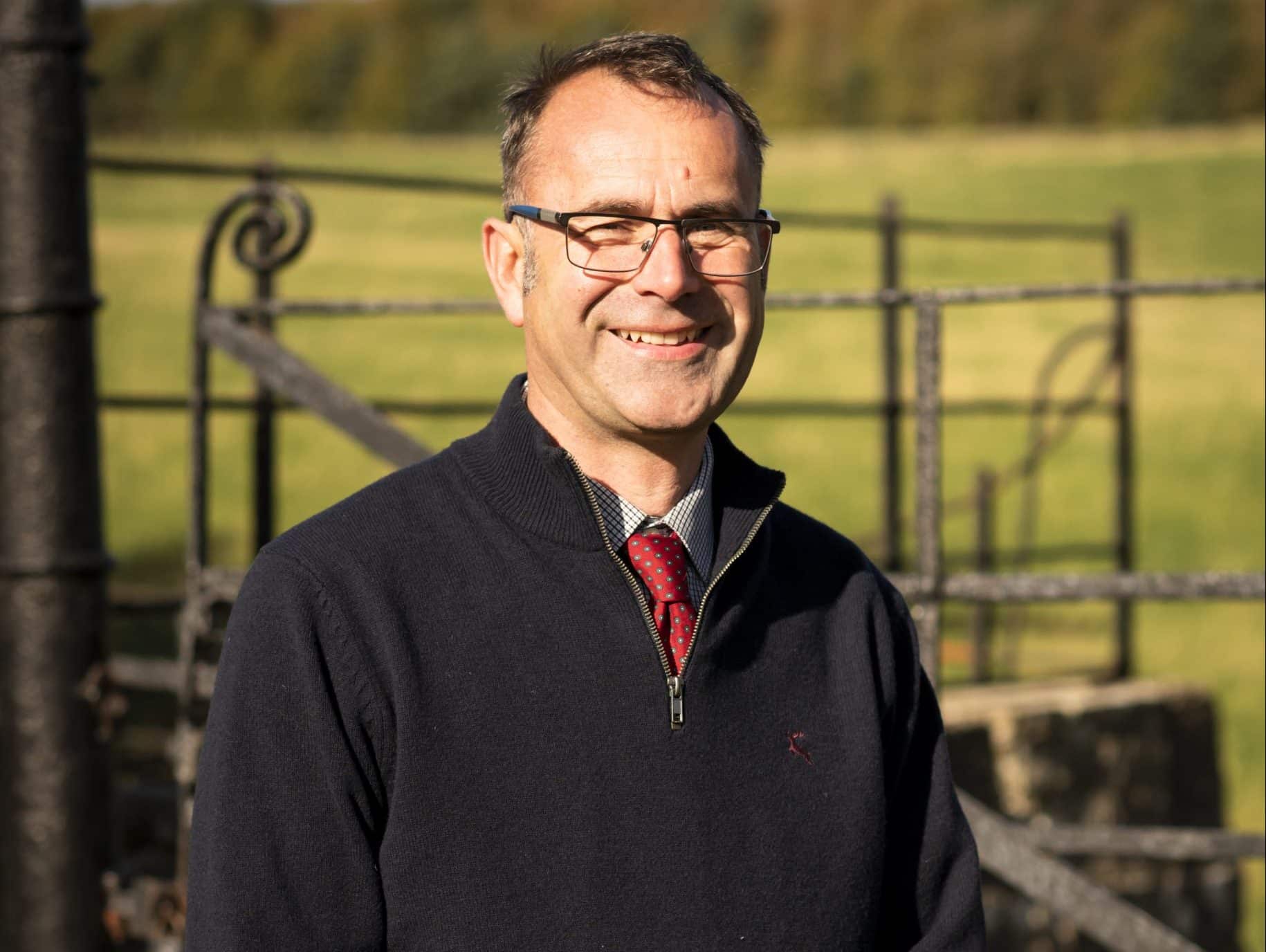Regenerative Farming
With an ever-changing market and the political and legislative situations we are operating in, the team across the Raby operational and contract farmland are adapting our farming approach to improve the flexibility of our operation.
We are extremely pleased to welcome Philip Vickers as our directly employed Farm Manager for the Durham in-hand farm. Philip brings with him a wealth of knowledge regarding the regenerative and circular farming approach. The skills of Robert Sullivan, our former Farm Consultant are still being put to good use and he is a very valuable support to the team.
The key objective to our farming approach is to reduce our reliance on external factors, reduce the risks around the business and make the farming business more robust to hopefully smooth external factors outside our control. While doing this we must ensure the farms remain profitable, provide wholesome top quality food products and that we farm in a manner which doesn’t adversely affect our environment but improves it.

There is no set definition of regenerative agriculture but stripped back, it is any form of farming – that is, the production of food or fibre – which at the same time improves the environment. Regenerative farmers typically try to disturb the soil as little as possible: forgoing tilling, which disturbs the complex network of worm-holes, fungal hyphae and a labyrinth of microscopic air pockets, and avoiding heavy doses of fertiliser or sprays.
Most advocates grow a diverse range of crops, often at the same time, and believe that grazing animals are essential for improving soil health. To help smooth the transition, the use of Mid-Tier countryside stewardship scheme options such as AB15 and AB9 have been utilised on less profitable areas of the farm. The benefits of these cover crops are already being seen in the soil health. Around 11% of the farm now has environmental crops growing on it. Cover crops are playing a key part in the process in addition to the investment in different seed drills. Over 3000 metres of hedgerow gaps have been filled and an application to become a sustainable pilot farm has been submitted.
Through our journey so far, the key messages have been to adopt an approach which best suits the farm and fields, there is no ‘one size fits all’ to this methodology. Detailed knowledge is paramount to decision making and measuring crop profitability as a priority to yield is key. One of our most important lessons has been adaptability which is paramount;
a lot of what is trialled will not work and often best laid plans need changing at the last minute.
Finally, knowledge sharing is very important to us all. We welcome input from those interested in this change and if anyone would like to seek further information or share ideas, we would be interested to hear from you.
